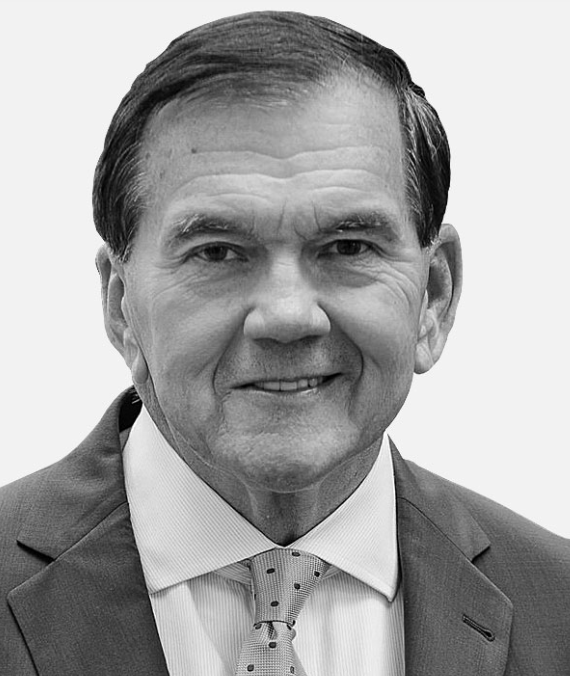Tom Ridge: Huawei Should Be Nowhere Near U.S. 5G
The smarter way to stay on top of the multichannel video marketplace. Sign up below.
You are now subscribed
Your newsletter sign-up was successful
Former Secretary of Homeland Security Tom Ridge has been in Britain trying to make the case for extreme caution when it comes to Chinese telecom Huawei and 5G networks.
In an interview for the BBC last week, Ridge, now chairman of cybersecurity form Ridge Global, said:
"My belief is [America] will share less information, and it will be shared in different ways," Ridge said. "We won’t be able to use our historic, traditional, electronic transfer of information – we may go back to the future. It might impair Great Britain’s ability to secure information from its multiple sources, as well. If [Huawei] has access to the intelligence-gathering network of any country, they may access the information the country is getting from external sources, as well. That’s why we don’t want Huawei anywhere near [communications networks]. We want to maintain the economic relationship, but we want to put a firewall between everything else we trade and telecommunications.”

Current Secretary of State Mike Pompeo has also said that if Britain makes a deal to use Huawei tech in its telecom systems, the U.S. may not be able to share intelligence information with its historic partner.
Related: Sens. Warner, Rubio Warn Against Using Huawei As Trade Leverage
Congress has taken steps to secure U.S. infrastructure from intrusions by Chinese telecoms widely believed to be too closely aligned with the Chinese government, including excluding Huawei and ZTE from government contracts, but the Trump Administration seems to be of two minds.
While the Commerce Department has recognized the threat and the issue, and has been pushing back on Britain's signal it would not necessarily exclude Huawei tech from its 5G nets, the President has also suggested easing up on sanctions could be a bargaining chip in trade talks with China, and has extended deadlines for some actions meant to safeguard the supply chain.
The smarter way to stay on top of the multichannel video marketplace. Sign up below.
In fact, while the President has signaled he could be open to discussion on Huawei and seemed to pull back on sanctions, the company has also been declared a national security threat by his own top intelligence chiefs, with technology to be avoided and even expunged.
In May, the Commerce Department announced it had put Huawei on a suspect company list that left its future in the U.S. very much in doubt, while the President at the same time issued an executive order blocking deals for suspect tech, like that of Huawei's.
The FCC has proposed preventing broadband subsidy money to be used by any carrier using technology deemed to a threat to national security.
Huawei said in an ex parte presentation to the FCC that none of the FCC's commissioners would schedule a meeting with it to discuss its argument that "banning particular vendors on grounds of 'national security' will actually do little or nothing to protect the security of America’s telecommunications networks."
It said that, rather, "forcing network operators to rip out and replace their existing equipment would pose a greater threat to network stability and security."
Contributing editor John Eggerton has been an editor and/or writer on media regulation, legislation and policy for over four decades, including covering the FCC, FTC, Congress, the major media trade associations, and the federal courts. In addition to Multichannel News and Broadcasting + Cable, his work has appeared in Radio World, TV Technology, TV Fax, This Week in Consumer Electronics, Variety and the Encyclopedia Britannica.

